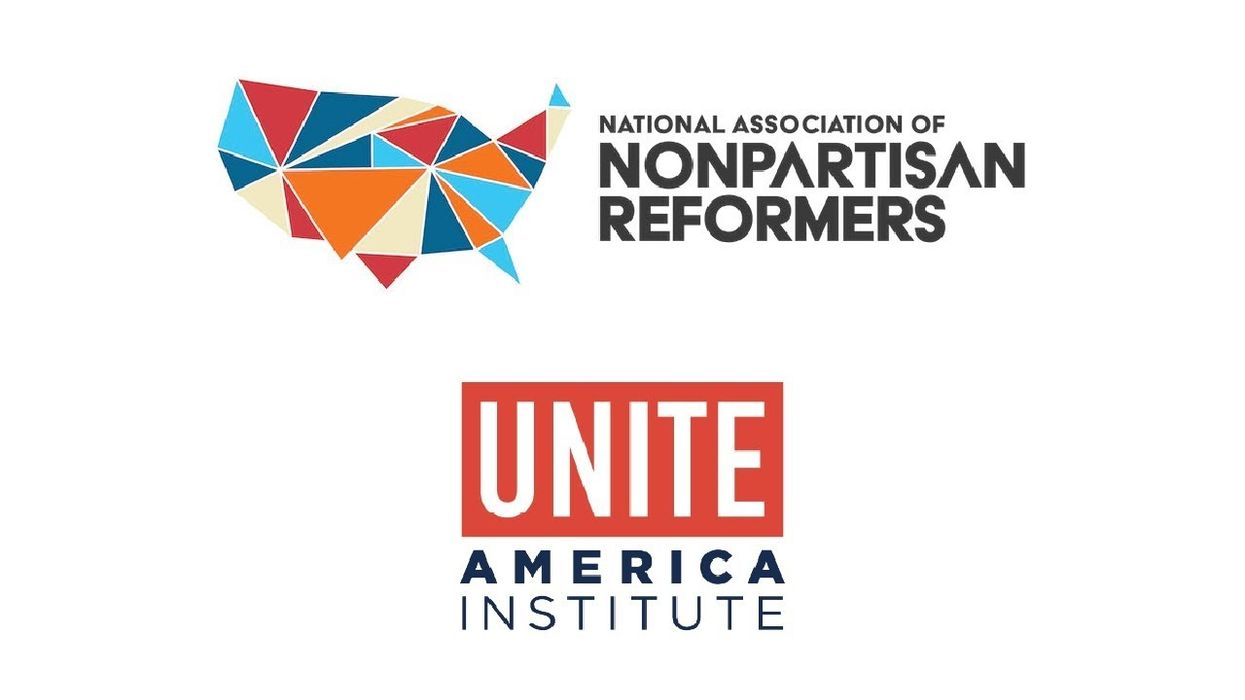More than 100 democracy reformers and state and local policy makers tuned in Monday for a wide-ranging discussion about preparations for conducting this year's election during a pandemic — and what role various electoral reforms might have in boosting turnout.
The hour-long webinar was hosted by the National Association of Nonpartisan Reformers in partnership with the Unite America Institute. Click the image above to watch.
Participants in the panel discussion and Q&A session were CEO Amber McReynolds of the National Vote at Home Institute, FairVote President Rob Ritchie, Kansas Democratic Party Chairwoman Vicki Hiatt and Amelia Powers Gardner, the GOP chief elections official in Provo, Utah. Their discussion was moderated by The Fulcrum's editor-in-chief, David Hawkings.




















Trump & Hegseth gave Mark Kelly a huge 2028 gift